Related Research Articles

Oliver Cromwell was an English statesman, politician, and soldier, widely regarded as one of the most important figures in British history. He came to prominence during the Wars of the Three Kingdoms, initially as a senior commander in the Parliamentarian army and latterly as a politician. A leading advocate of the execution of Charles I in January 1649, which led to the establishment of the Commonwealth of England, he ruled as Lord Protector from December 1653 until his death in September 1658.
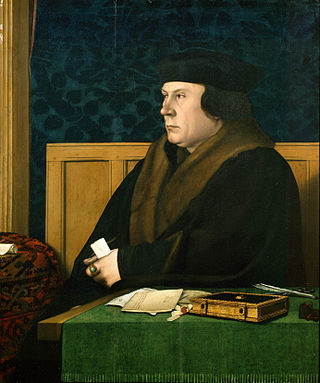
Thomas Cromwell, briefly Earl of Essex, was an English statesman and lawyer who served as chief minister to King Henry VIII from 1534 to 1540, when he was beheaded on orders of the king, who later blamed false charges for the execution.
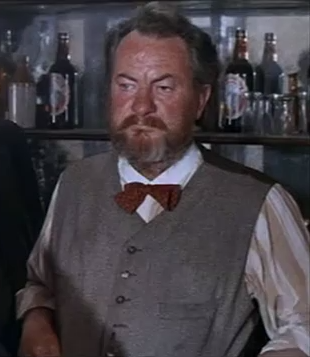
Reginald "Leo" McKern, AO was an Australian actor who appeared in numerous British, Australian and American television programmes and films, and in more than 200 stage roles. His notable roles include Clang in Help! (1965), Thomas Cromwell in A Man for All Seasons (1966), Tom Ryan in Ryan's Daughter (1970), Harry Bundage in Candleshoe (1977), Paddy Button in The Blue Lagoon (1980), Dr. Grogan in The French Lieutenant's Woman (1981), Father Imperius in Ladyhawke (1985), and the role that made him a household name as an actor, Horace Rumpole, whom he played in the British television series Rumpole of the Bailey. He also portrayed Carl Bugenhagen in the first and second instalments of The Omen series and Number Two in the TV series The Prisoner.

Sir Redmond Barry, was an Irish-born judge in the Australian colony of Victoria. A major figure in the early civic life of Melbourne, Barry was instrumental in founding several key institutions in the city, including the University of Melbourne and State Library Victoria, outside of which a statue of him stands. He is also well known for presiding over the trial of the Eureka rebels, as well as having sentenced the bushranger and outlaw Ned Kelly to death.
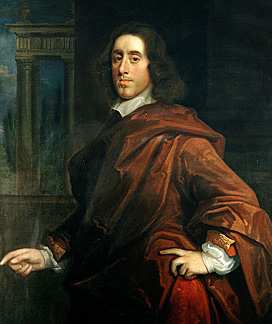
Sir Henry Vane, often referred to as Harry Vane and Henry Vane the Younger to distinguish him from his father, Henry Vane the Elder, was an English politician, statesman, and colonial governor. He was briefly present in North America, serving one term as the governor of the Massachusetts Bay Colony, and supported the creation of Roger Williams' Rhode Island Colony and Harvard College. A proponent of religious tolerance, as governor, he defended Anne Hutchinson and her right to teach religious topics in her home which put him in direct conflict with the Puritan leaders in the Massachusetts Colony. He returned to England after losing re-election and eventually, Hutchinson was banned from the colony.

John Barry Humphries was an Australian comedian, actor, author and satirist. He was best known for writing and playing his stage and television characters Dame Edna Everage and Sir Les Patterson. He appeared in numerous stage productions, films and television shows.
The following lists events that happened during 1880 in Australia.
NZ Truth was a tabloid newspaper published weekly in New Zealand from 1905 to 2013.
Events from the year 1658 in England.
Laurens Prins, anglicized as Lawrence Prince, was a 17th-century Dutch buccaneer, privateer and an officer under Captain Sir Henry Morgan. He and Major John Morris led one of the columns that raided Panama in 1671.
Chain are an Australian blues band formed as The Chain in late 1968 with a line-up including guitarist and vocalist Phil Manning and lead vocalist Wendy Saddington. Saddington left in May 1969 and in September 1970 Matt Taylor joined on lead vocals and harmonica. During the 1990s they were referred to as Matt Taylor's Chain. Their single, "Black and Blue", is their only top twenty hit. It was written and recorded by the line-up of Manning, Taylor, Barry Harvey on drums and Barry Sullivan on bass guitar. The related album, Toward the Blues, followed in September and peaked in the top ten. Manfred Mann's Earth Band covered "Black and Blue" on their 1973 album Messin'.
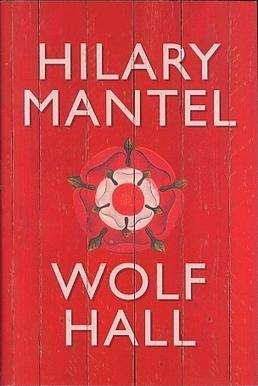
Wolf Hall is a 2009 historical novel by English author Hilary Mantel, published by Fourth Estate, named after the Seymour family's seat of Wolfhall, or Wulfhall, in Wiltshire. Set in the period from 1500 to 1535, Wolf Hall is a sympathetic fictionalised biography documenting the rapid rise to power of Thomas Cromwell in the court of Henry VIII through to the death of Sir Thomas More. The novel won both the Booker Prize and the National Book Critics Circle Award. In 2012, The Observer named it as one of "The 10 best historical novels".

Sir Richard Williams, also known as Sir Richard Cromwell, was a Welsh soldier and courtier in the reign of Henry VIII who knighted him on 2 May 1540. He was a maternal nephew of Thomas Cromwell, profiting from the Dissolution of the Monasteries in which he took an active part. He was the patrilineal great-grandfather of Oliver Cromwell.

Sir Henry Williams, also known as Sir Henry Cromwell, was a knight of the shire (MP) for Huntingdonshire during the reign of Elizabeth I. He was the grandfather of the Protector, Oliver Cromwell.
Richard Wingfield, 1st Viscount Powerscourt, PC was an English-born army officer and military administrator during the reigns of Elizabeth I and James I. He is notable for his defeat of Sir Cahir O'Doherty's forces at the 1608 Battle of Kilmacrennan during O'Doherty's Rebellion in Ireland.
During the Protectorate period (1653–1659) of the Commonwealth of England, the Lord Protector reserved the power previously held by the monarch to confer knighthoods, baronetcies and peerages.

The Cromwell family is an English aristocratic family.
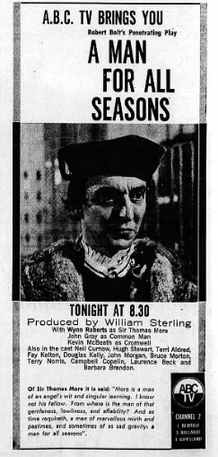
A Man for All Seasons is a 1964 Australian television play. It is an adaptation of the play by Robert Bolt.
The Great Ruby is a 1915 American silent drama film directed by Barry O'Neil, based on the play of the same name by Cecil Raleigh and Henry Hamilton. The film stars Beatrice Morgan, Octavia Handworth, and Eleanor Barry.
References
- ↑ Ed. Scott Murray, Australia on the Small Screen 1970-1995, Oxford University Press, 1996 p221